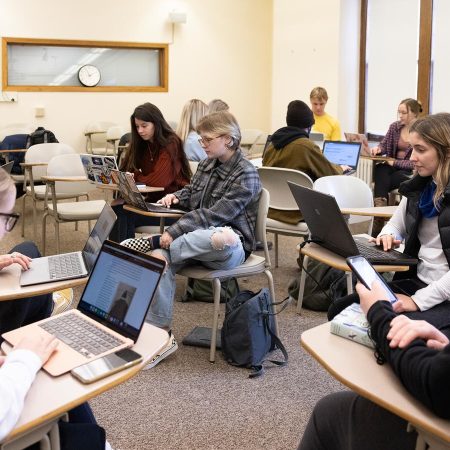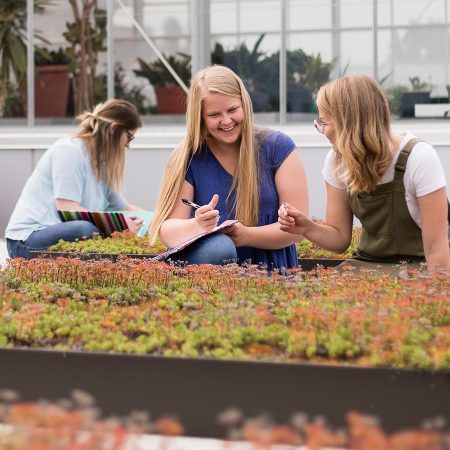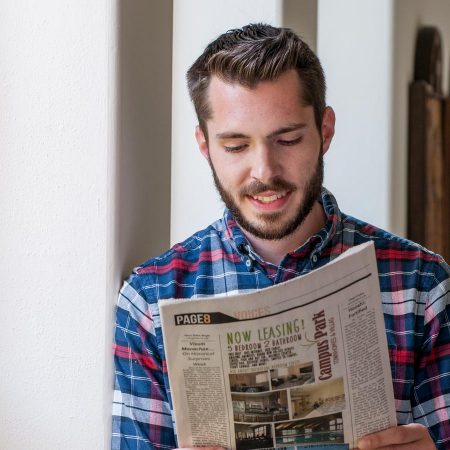Bachelor of Arts Global Sustainability and Justice Studies
Are you concerned about climate change and interested in sustainability issues? Do you want to focus your career on working toward social justice? This major will provide you with the tools to create positive change and help to build strong, diverse and sustainable communities.
Benedictine Scholarship
All new first-year applicants to St. Scholastica will be awarded either the Benedictine Scholarship or the Access Award, upon admission to the College.
Financial Aid
100% of traditional incoming undergraduates receive some type of scholarships. The average for scholarships, grants and/or loans is $31,841.
Meet Our Faculty
Experienced, Dedicated and Distinguished Educators
Expect to be heard, to be challenged and to be involved. St. Scholastica faculty are world-class scholars and experts in their field who invest in your success. Our values of community, respect, stewardship, hospitality and love of learning reflect our faculty’s commitment to lifting up others and celebrating our common humanity.




